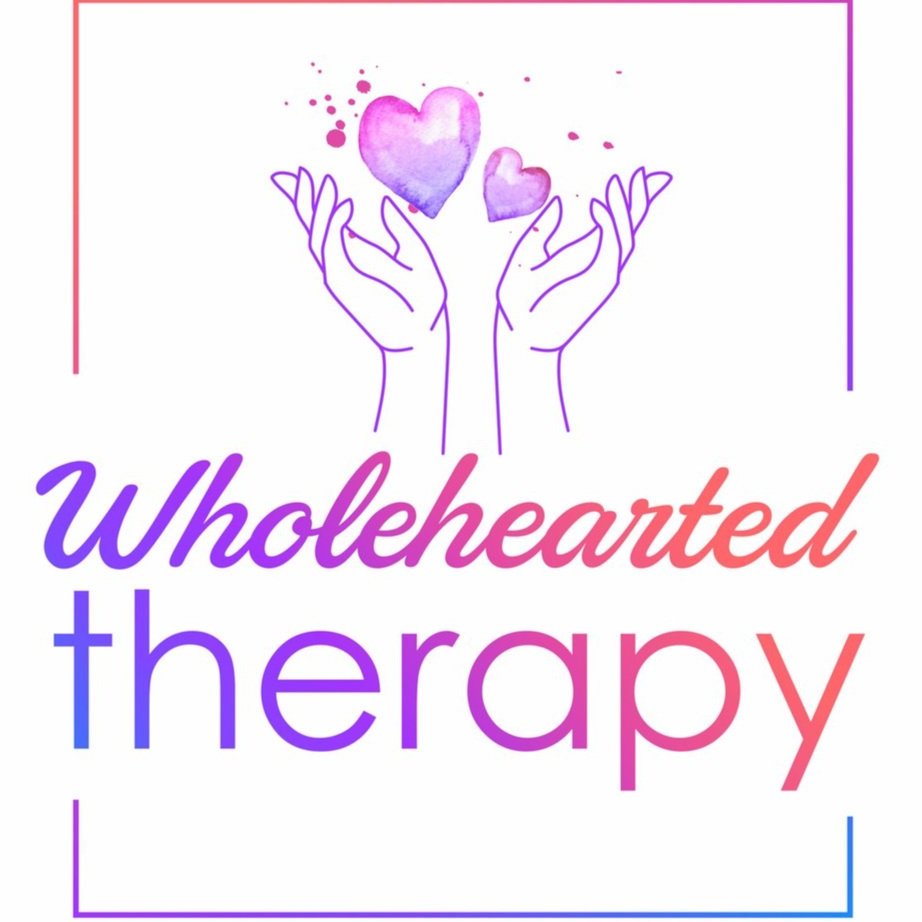Is It the End of Your Relationship? Divorce Support for Moms Who Feel Stuck
Should I Stay or Go? The Question That Haunts So Many Moms
You're exhausted—and not just in the “I need a nap” kind of way. This is deep, bone-heavy fatigue that comes from carrying too much for too long. And if you’re honest with yourself, there's a question that’s been whispering in the back of your mind for months... maybe even years:
“Is it time to leave?”
You probably push it down as soon as it surfaces. After all, things aren't that bad. There’s no obvious crisis. No screaming matches. No broken plates.
There is, however, this dull ache in your chest—and a creeping sense that you’ve been disappearing inside your own life.
You can’t seem to stop asking the question, over and over. (Here’s why that might be happening, and how it’s not just in your head.)
Usually late at night, when the house is quiet and you finally have a moment to yourself.
When you catch your reflection in the mirror and realize you no longer recognize the person staring back.
Still, you hesitate. Because the pressure to get it right feels enormous.
What will happen to the kids?
What about the finances?
What if I fuck everything up?
What if I’m just being ungrateful—or worse, selfish?
What if I leave, and things still don’t get better?
@ Sergiu Valenas- Unsplash
The Overwhelming Toll of Emotional Uncertainty
Here’s the thing: it doesn’t take screaming or bruises to know you’re hurting. In my experience, the wounds no one can see often run the deepest. You might be in a relationship that slowly, steadily bleeds hurt.
Where you feel unseen. Where your emotions are minimized—or twisted until you doubt your own reality. This is what emotional abuse and neglect can look like.
It might show up as:
Always being the one who apologizes, even when you’re not sure what for.
Replaying conversations on loop, wondering if you were “too sensitive.”
Walking on eggshells when your partner is in a bad mood.
Getting met with sarcasm, silence, or shutdown when you express a need.
Withholding your thoughts—not to lie, but because you’re tired of being misunderstood.
You might not call it abuse. You might not even recognize it for what it is.
That doesn’t mean it isn’t real. It also doesn’t mean your pain isn’t valid.
The toll it takes on your nervous system is exhausting.
You start second-guessing your own reactions. You try harder. And harder. Until one day, you realize how much you’ve been managing... alone. Underneath all the practical fears—the kids, the finances, the shame—there’s often a quieter one:
What if I leave, and still feel empty?
The Wounds We Carry Into Love
Here’s where it gets even more complicated: sometimes, our childhood shapes the map we use to navigate love as adults.
If you grew up in a home where your needs were too much, where connection came with conditions, or where affection had to be earned—you may have internalized the belief that love is something you work for. That closeness comes with sacrifice. That being chosen means slowly giving up important parts of yourself.
So you find yourself in a relationship where you feel dismissed, controlled, or emotionally starved—and worst of all, some part of you thinks:
“This is just how it is.”
Because sometimes, we don’t just fall in love.
We fall into our unfinished business.
That doesn’t mean you’re broken. Or crazy. Or too much.
It means you’re human—and maybe repeating an old story you now have the power to rewrite.
You Don’t Have to Wait for “Proof”
You might be telling yourself,
“It’s not that bad.”
“Other people have it worse.”
“He’s a good dad. He works hard. He’s never laid a hand on me.”
Let me let you in on something:
You don’t need a dramatic crisis to justify your pain.
You don’t need to collect evidence that it’s “bad enough” to consider leaving.
If you’re living in survival mode: emotionally isolated, constantly second-guessing yourself, or unable to be fully you in your own home, that’s reason enough to pause.
You don’t have to hit rock bottom to choose healing.
And if your partner is emotionally unavailable, manipulative, or reactive in ways that leave you feeling unsafe or unseen, those patterns matter.
Your nervous system doesn’t lie.
Start by Asking Yourself These Questions
You don’t need to know the answer today.
You don’t need a five-year plan.
You can start by being honest with yourself: gently, without pressure:
What version of myself am I becoming in this relationship?
Do I feel safe to express my needs, or do I brace for impact?
Am I shrinking to keep the peace?
What does my body feel when I picture staying? What about leaving?
What am I teaching my children—about love, boundaries, and self-worth—by how I treat myself?
And maybe most importantly: If nothing changes, how will I feel a year from now?
Staying Is Okay, Too
Sometimes, the pressure to make a decision is overwhelming.
If you choose to stay—not out of fear, but because it feels aligned for now—that is valid.
If you’re not ready to leave, or are still sorting through things, that’s okay, too.
This isn’t about rushing to act.
It’s about waking up to your life again.
You deserve to feel grounded, safe, and supported; regardless of what choice you make.
There is strength in pausing.
There is power in asking hard questions.
And there is deep healing in finally hearing yourself.
Ready to work together in a deeper way?
If you are feeling alone in this-I’ve got you.
If you want more info on what navigating this in therapy with me would look like, please go here.
Reach out today for support, it’d be my honor to walk alongside you.



